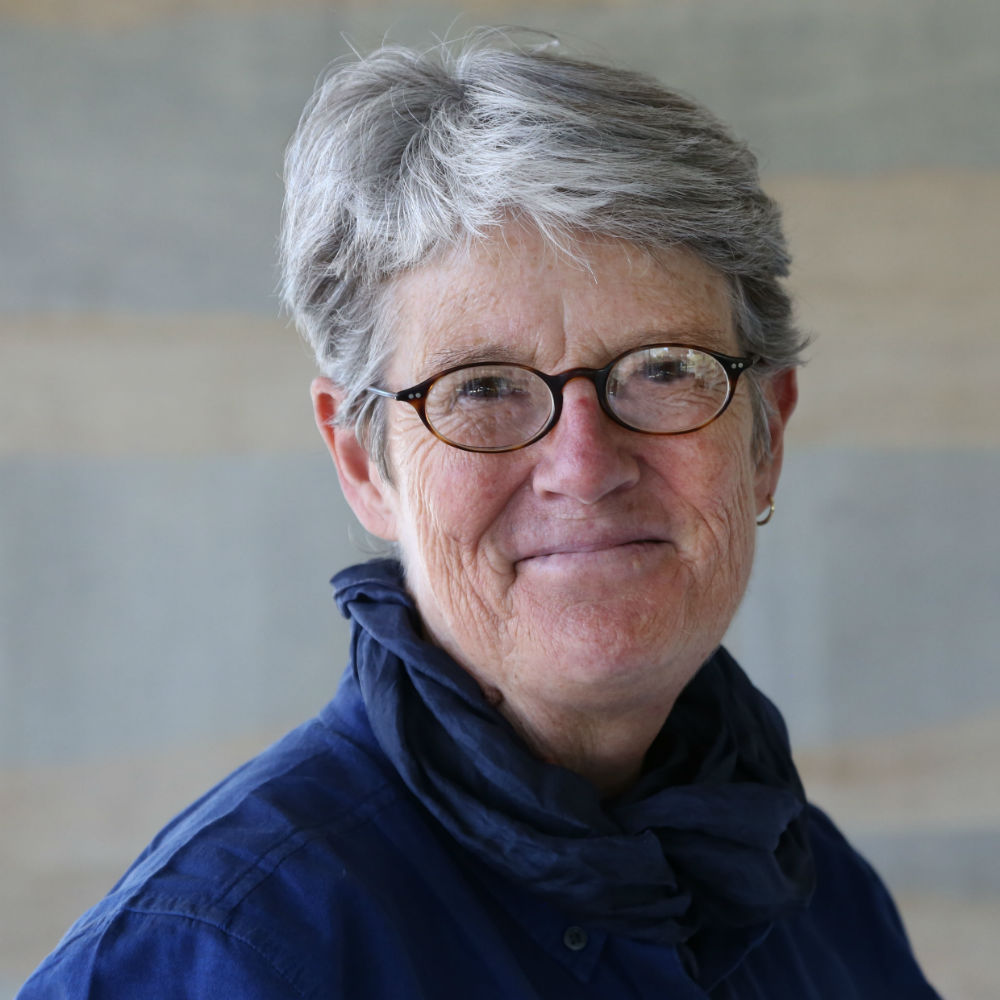Shame as a place of transformation
In this blog Dr Lindsey Nicholls, Senior Lecturer, School of Health and Social Care offers a helpful and personal perspective on what can perhaps hold white people, in particular, back from talking about race and racism.
“When we can own our shame and speak its name, then we make ourselves vulnerable to the other, and that leaves open the possibility of change and transformation.”
On Sunday 18 October, I attended a Zoom conference paper in New York, USA by Adrienne Harris on ‘shame as a site of creativity and change’. Dr Harris is a white American psychoanalyst, and she began her paper saying that to talk about shame is hard to do.
She thought the psychoanalytic community of therapists and scholars had ignored issues of racism, particularly misrecognising the experiences of prejudice and hatred that their Black patients endured. This she linked to the therapists’ feelings of shame when listening to the stories their Black patients told them, and how shame can block their understanding and responding.
One of the key messages from her paper, was that if we can bear to own, look at and name our shame – whether its connected to our past actions, complicity or ignorance – , it opens a possibility for a deeper engagement with the ‘other’ and can bring about change.
I have found myself thinking so much about ‘owning shame’ and I, as an older white woman from Zimbabwe, find it hard to do, but accept that it is necessary if I am to engage students and colleagues in talking about issues of race and racism on campus.
The more I have done that the more I learn. It is always painful and awkward, the words don’t flow from my tongue, but there have been moments of connection that have stayed with me. I want to write about one such encounter with a student, from a few years ago.
I was giving a seminar on psychological understandings of racism, for example unconscious bias, to a group of postgraduate students at a London university. I spoke briefly of my early childhood in Zimbabwe – where I had been thoughtlessly unaware of the brutal impact that the colonial past had on the majority of the population.
I told the students it wasn’t until I read Tsitsi Dangarembga’s two semi-autobiographical novels about growing up in Zimbabwe as a Black child and woman that I experienced the shame of not knowing and not seeing her life and the life of others. A mature Black woman in the group (pseudonym Kudza), looked up and said, “My relatives fought in that war, they were fighting for freedom”. We looked at each other, the atmosphere was electric, all the students sat extremely still and watched us both. Had she realised my father had fought in that war too? Shame flooded my being, it wasn’t that she was disparaging of my narrative, she was stating a fact. But it placed us both in a vulnerable position of ‘doer and done to’.
Two months later, when I returned to that same group of students to lead the final seminar of the course, we read a paper on ‘Reparation terminable and interminable’ and there was some time at the end of the session for us to reflect on the year’s progress. I said I wanted to thank the group for holding the space between Kudza and I, so our realities could be known by them all.
I said I wanted to thank Kudza for risking her knowledge with a group and that as a Black woman she may have exposed herself further to their hidden fears. It had been really important for me to hear. I was very emotional in saying these words, the group again were quiet, Kudza stood up, crossed the room and we embraced. She and I both weeping. Many of the students were affected by our exchange and then the seminar ended.
I think Adrienne Harris is right. When we can own our shame and speak its name, then we make ourselves vulnerable to the other, and that leaves open the possibility of change and transformation.
If white people disavow their shame, in other words ignore it or repress it, they are not listening fully to what Black colleagues and students are telling them. In some situations, this may lead to those Black colleagues and students feeling they are being blamed for causing discomfort and shame. We must not allow this to happen.
The impact of the Black Lives Matter movement on the University of Essex campus gives us all a chance to be authentic in sharing our experiences with each other. And white academics and students, have an opportunity to not cover them over in frantic declarations of goodness. And, crucially, not to shy away from difficult conversations and feelings of shame; these can play an important part in transformation.
